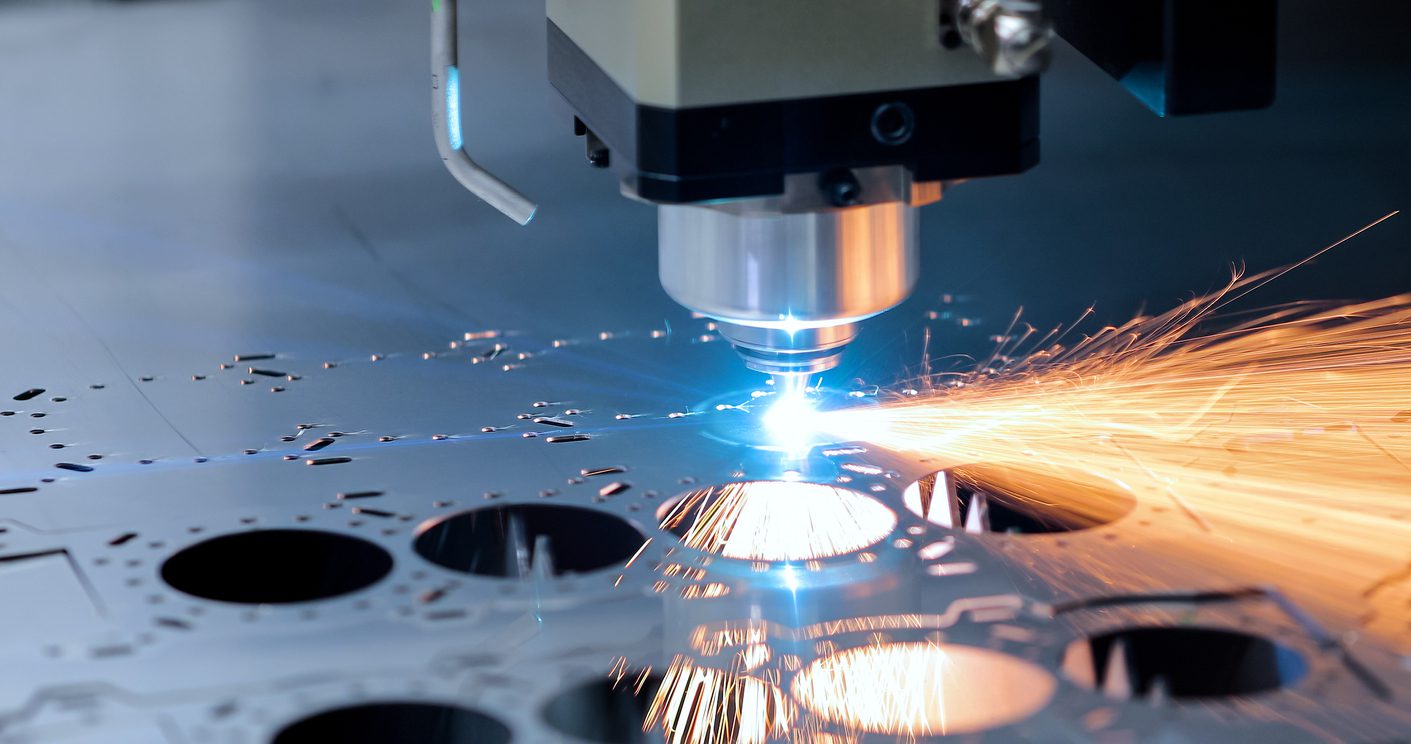In today’s industrial landscape, precision has become one of the most critical factors that determine the success of manufacturing processes. From aerospace engineering to bespoke furniture design, accuracy is no longer a luxury but a necessity. As technology has advanced, businesses have sought ways to streamline production while maintaining the highest levels of detail, efficiency, and cost-effectiveness.
The Shift Toward Precision Manufacturing
Historically, manufacturing relied heavily on manual methods and mechanical machinery. While effective in their time, these processes often left significant room for error. In the modern era, digital innovation has transformed the way industries approach production. Computer-aided design (CAD), automation, and robotics now drive workflows, enabling manufacturers to achieve repeatable precision at scales once thought impossible.
This shift has not only enhanced efficiency but also reduced waste, shortened production timelines, and opened the door to new creative possibilities. Products can now be developed with complex geometries and tailored for specific applications, with tolerances measured in microns rather than millimeters.
The Importance of Efficiency and Sustainability
Precision in manufacturing isn’t solely about accuracy; it’s also tied closely to efficiency and sustainability. When parts are fabricated correctly the first time, there is less material waste, reduced need for rework, and faster delivery to market. This contributes to a lower environmental impact, something customers and industries alike are increasingly demanding.
Sustainable practices are being adopted across the supply chain. From sourcing recyclable materials to implementing energy-efficient processes, manufacturers are aware of the reputational and financial benefits of adopting greener approaches. In many ways, precision aligns naturally with sustainability—producing more while wasting less.
Technology Driving Change
One of the most significant drivers of precision manufacturing is the adoption of advanced digital tools. Artificial intelligence (AI) and machine learning algorithms now help optimize production schedules, predict maintenance needs, and even identify errors before they occur. Meanwhile, the Internet of Things (IoT) connects machines in real time, allowing data to flow across entire production lines.
Additive manufacturing, better known as 3D printing, is another major influence. By building products layer by layer, manufacturers can create highly customized components with exceptional detail. This method works especially well for prototyping or low-volume, high-complexity production.
Applications Across Industries
Different sectors rely on precision in unique ways. For example, the automotive industry depends on tight tolerances to ensure safety and performance. In aerospace, accuracy is critical for components that must withstand extreme pressures and temperatures. Even the fashion industry has embraced precision, using digital fabrication techniques to produce textiles and accessories with exacting detail.
Architectural firms also benefit, creating intricate models and even structural elements that would be difficult or impossible using traditional techniques. In short, precision has crossed over from purely industrial contexts to touch nearly every part of daily life.
A Note on Specialized Services
Among the wide range of solutions available today, businesses often turn to specialized providers to meet their unique needs. For example, a laser cutting service allows manufacturers to cut intricate shapes from metals, plastics, or wood with unmatched accuracy and speed. These services not only save time but also empower designers to push creative boundaries without compromising functionality.
The Future of Precision Manufacturing
Looking ahead, precision in manufacturing will only grow more advanced. Quantum computing, nanotechnology, and biofabrication are emerging fields that promise to expand the definition of what is possible. As these technologies mature, industries will gain even greater ability to produce items that are efficient, sustainable, and tailored to exact specifications.
Moreover, customer expectations are shifting. End-users now expect personalized products delivered quickly, and precision manufacturing makes this achievable. Mass customization, once an oxymoron, is becoming a mainstream reality thanks to the convergence of digital tools and high-accuracy production methods.
Conclusion
The role of precision in modern manufacturing cannot be overstated. It enhances efficiency, reduces waste, enables innovation, and contributes to sustainability. Businesses that embrace precision technologies today will be well-positioned to thrive in an increasingly competitive global market. Whether through robotics, AI, or specialized services, the emphasis on accuracy will continue to shape the future of manufacturing for decades to come.




